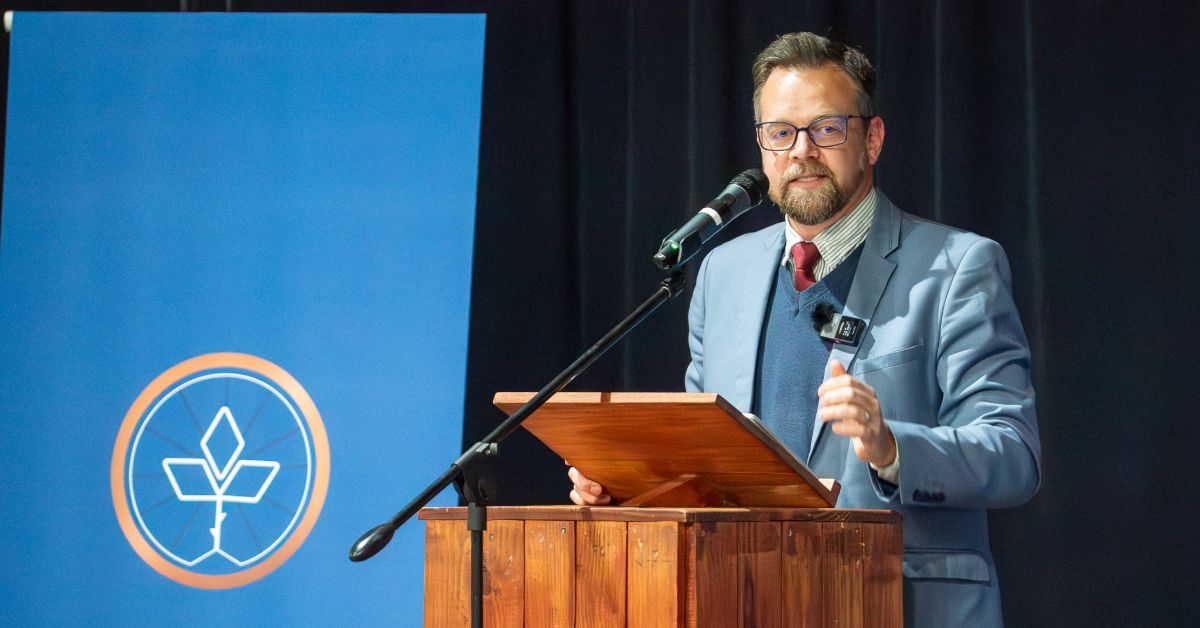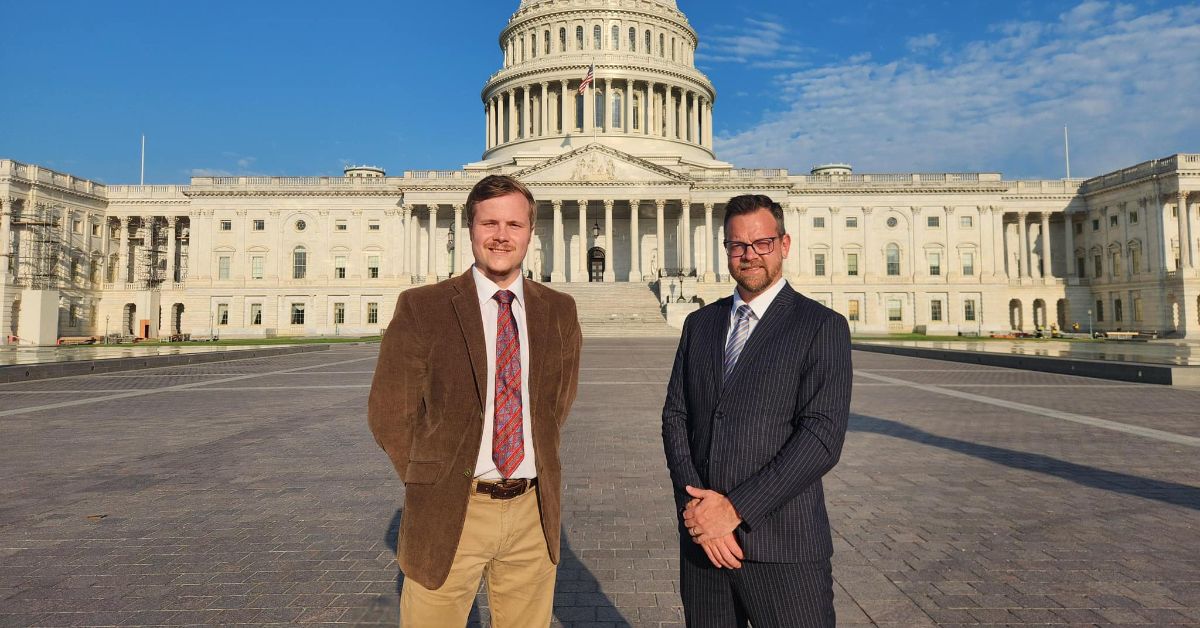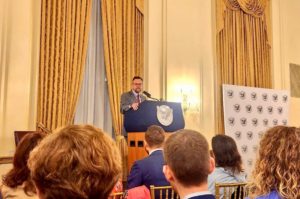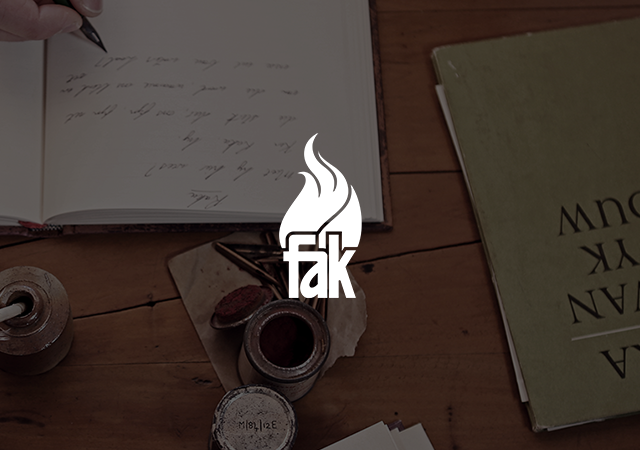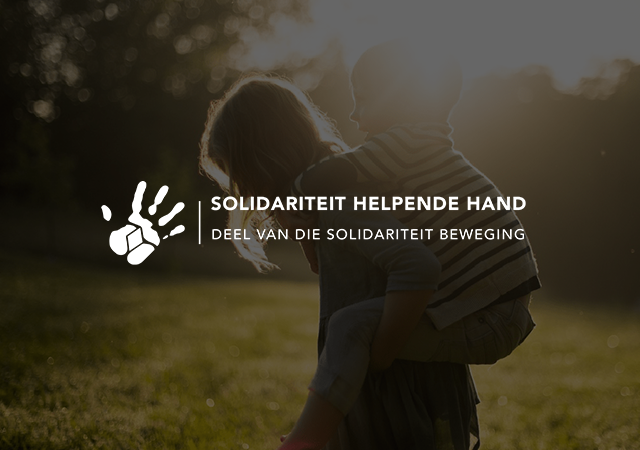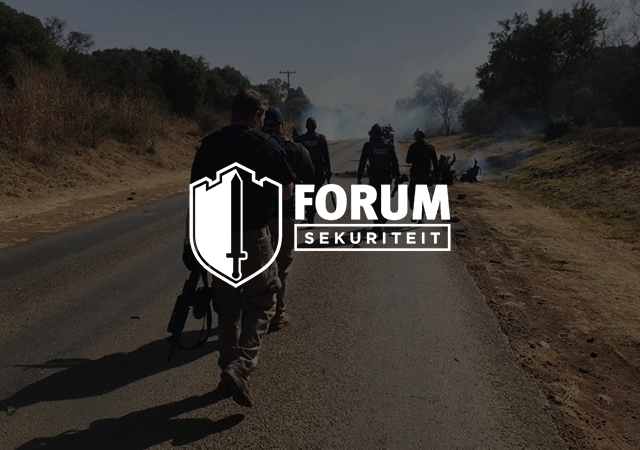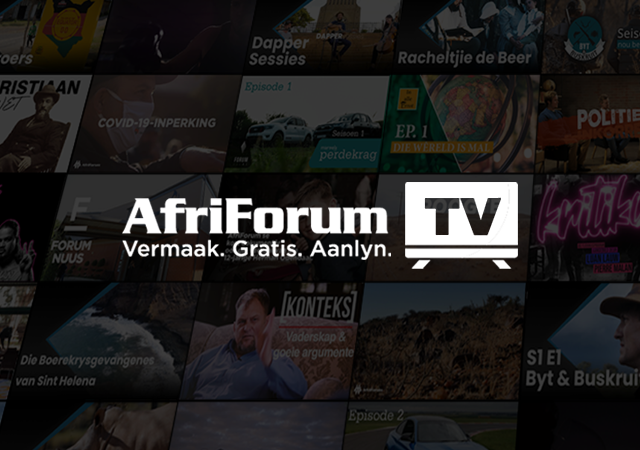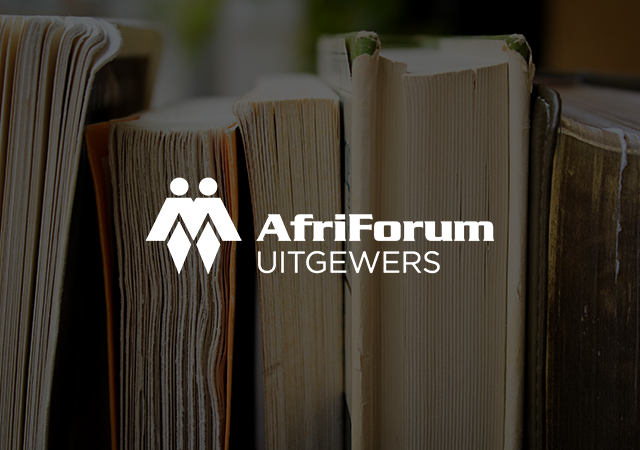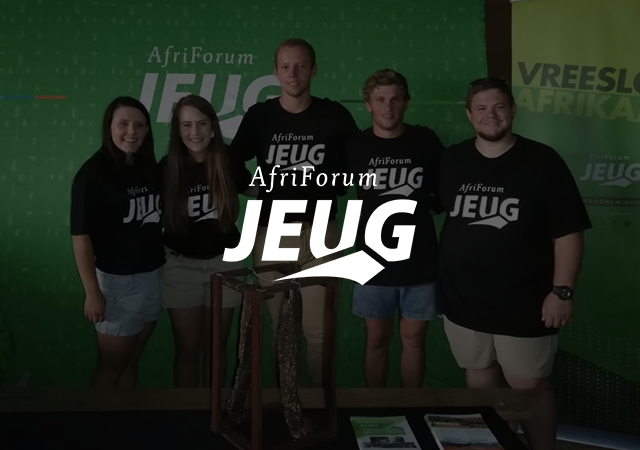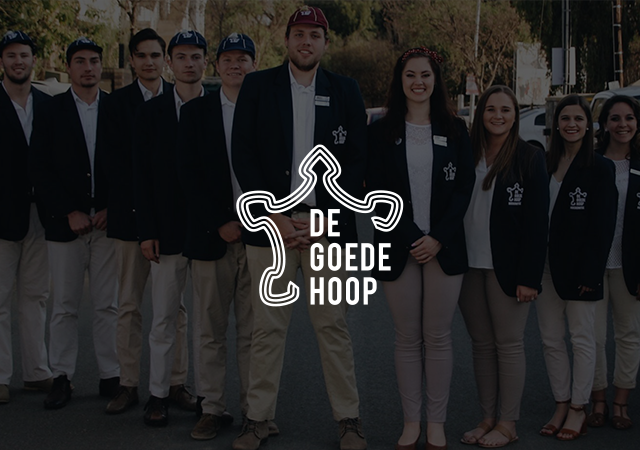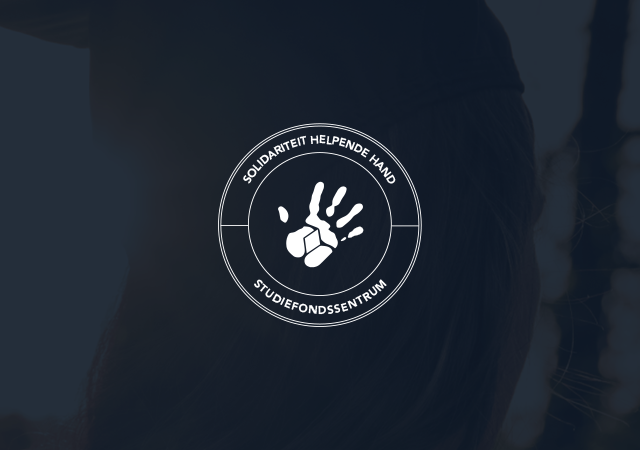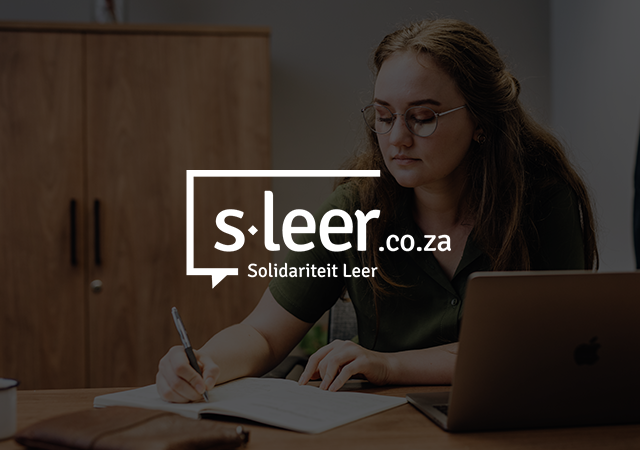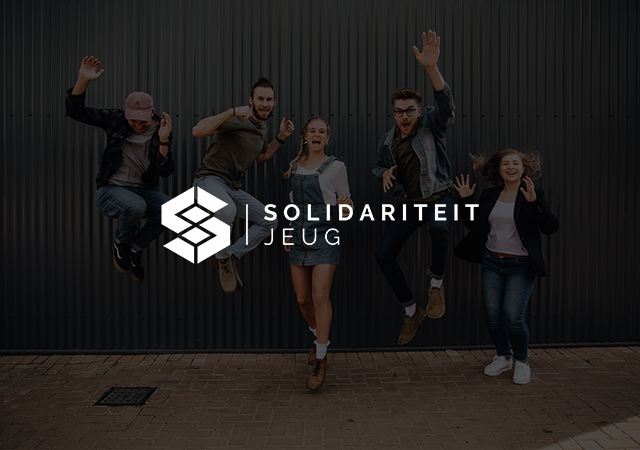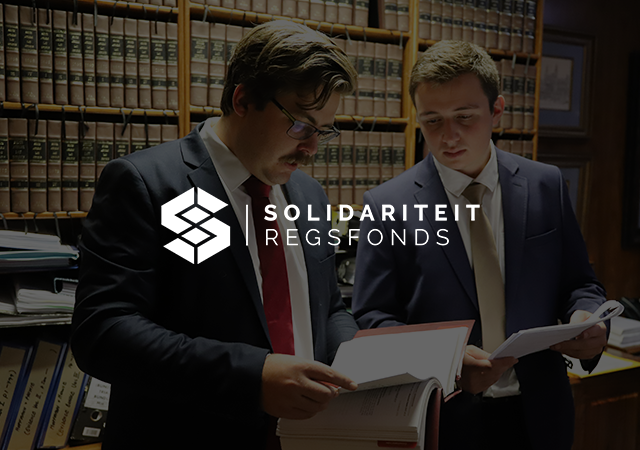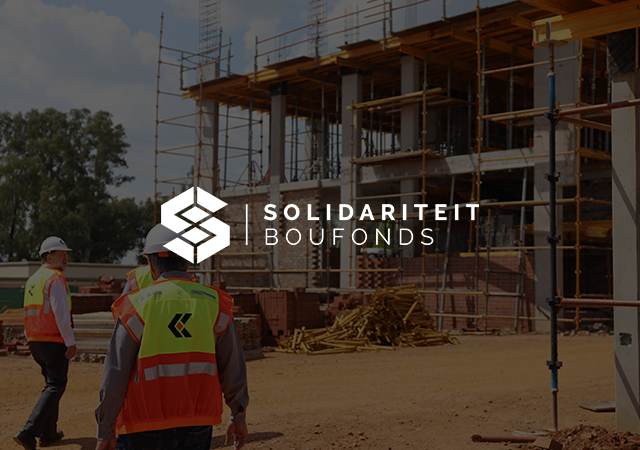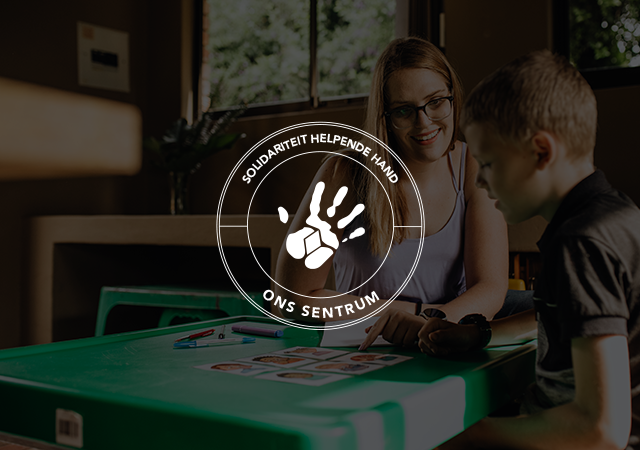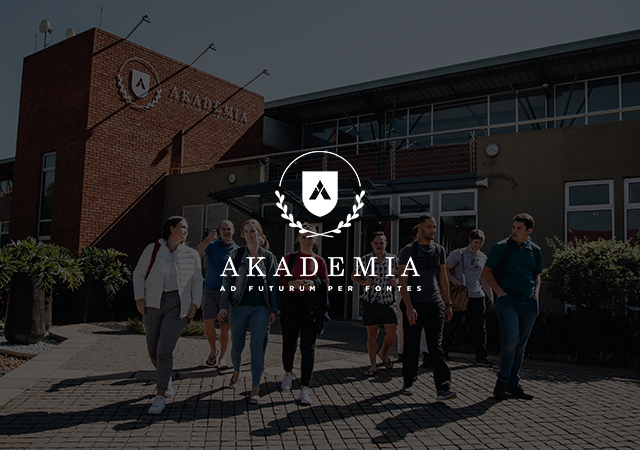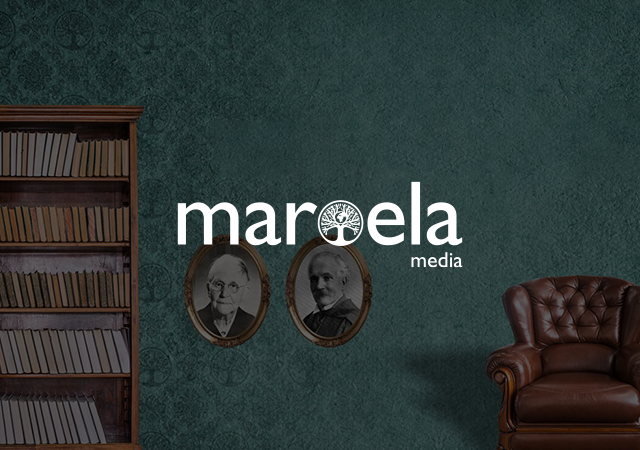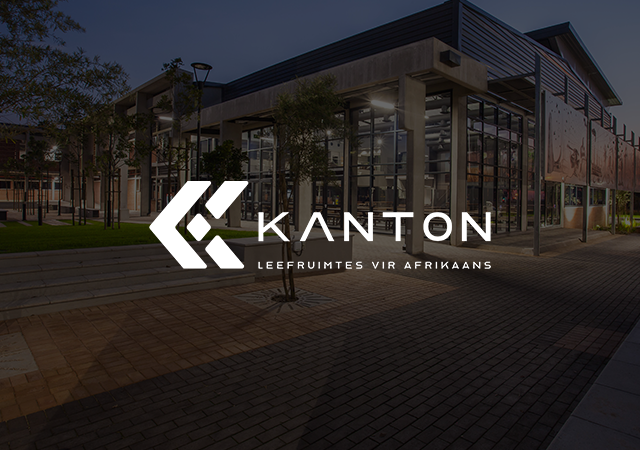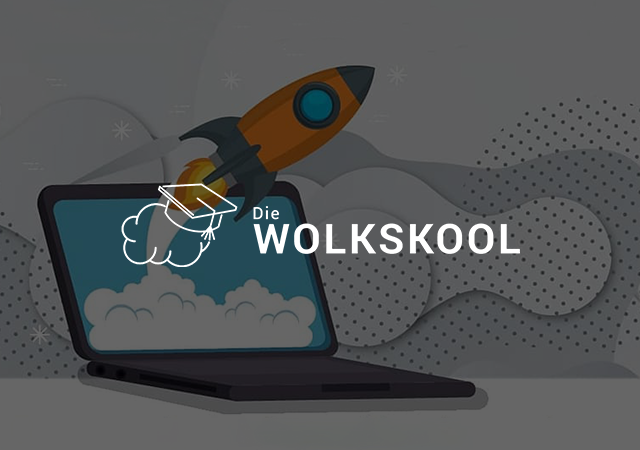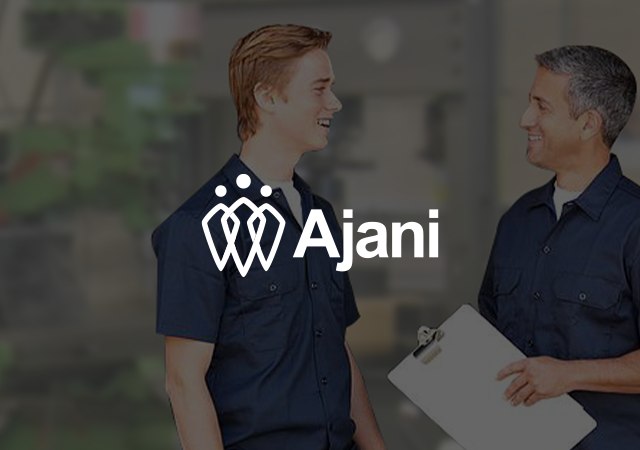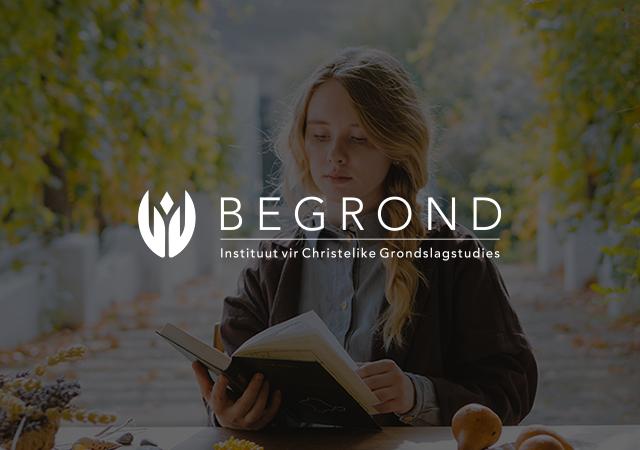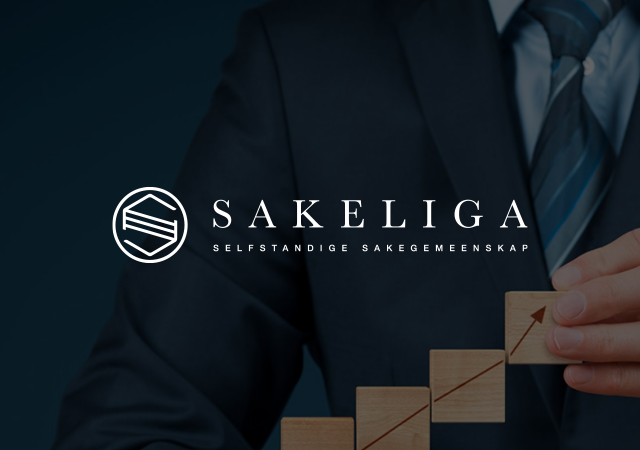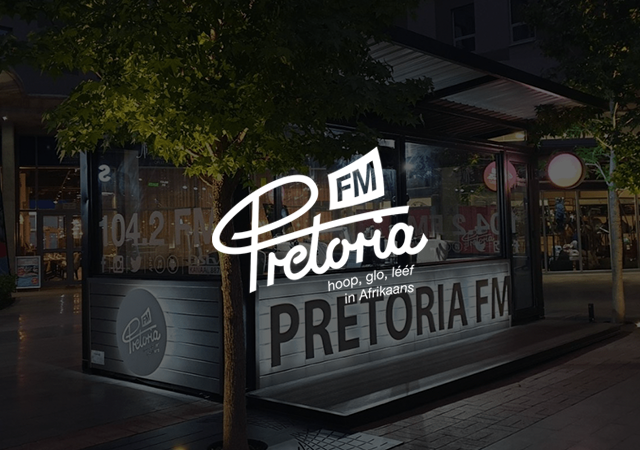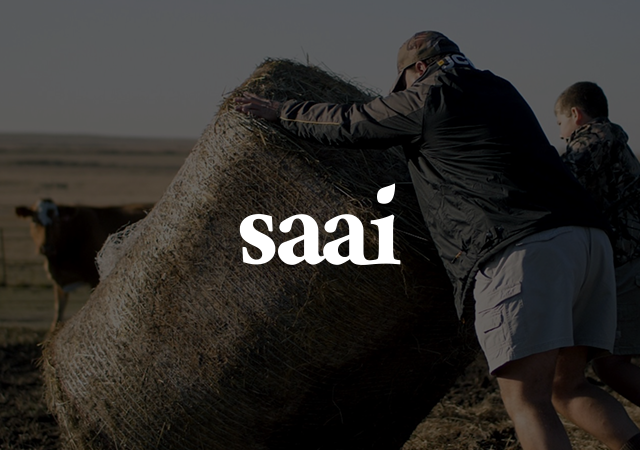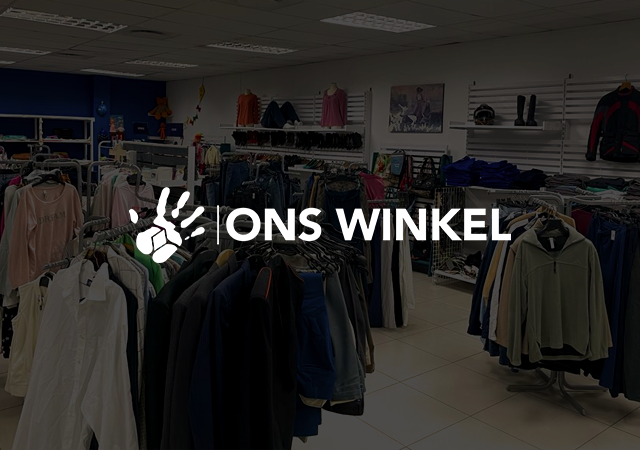Building resilient institutions in hostile circumstances (Speech at the International Conservatism Summit, Bratislava, 11 November 2024, written by Ernst Roets, head of the Afrikaner Foundation.)
“If you want to know what the future of Western Europe will look like, look at what is happening in South Africa.” This was the introductory remarks to a recent series of articles in the popular Hungarian newspaper Demokrata. The series was about the deterioration of South Africa and the initiatives of the Afrikaner people to ensure a future for ourselves through the variety of institutions that form part of the Solidarity Movement. Demokrata’s conclusion was not a lone voice in the wilderness.
In our international efforts, we have noticed that it is necessary to explain that South Africa should not only be looked at in order to get a glimpse of what the future might hold as far as crises are concerned; potential solutions should also be observed.
When the Iron Curtain fell, it was generally interpreted to signal the collapse of communism and the advent of liberal democracy. Even though South Africa was internationally celebrated as an example of the triumph of liberal democracy, it was, in truth, a victory for left-wing ideology.
This is because the South African Communist Party (SACP), an ally of the African National Congress (ANC), argued at the time that communism had failed because it wasn’t applied properly. Stalinism was not real communism, they said. Communist Party intellectuals in South Africa had the revolutionary idea that for communism to succeed, it would need to promote radical ends through moderate means. The goal was clear – a communist state, dictatorship of the proletariat and complete control over property. The appropriate way to achieve such ends, they argued, was not violent revolution, but to employ liberal democracy as a means of achieving this end.
And so, the strategy was simple – the revolutionary movement had to present itself as freedom loving liberal democrats, to gain international approval, popular support and – most importantly – disarm their political enemies. Through these moderate claims, they were to rise to power in a multi-party democracy under a liberal constitution. This, they argued, was phase one of the revolution. The goal of phase one was to take control of the levers of power.
Once these things were achieved and South Africa was internationally celebrated for adopting the “most liberal” and “most democratic” constitution in history, the ANC and the SACP declared that the liberal democratic dispensation was merely a beach-head – a temporary victory – on the road to revolution.
In 2012, the party announced that it was now ready for the “second transition” as a means of implementing the “second phase of the revolution”. This implied using the levers of power that they now controlled to navigate the country toward more aggressive socialism. What followed was a flood of destructive laws, bills and policy ideas, including:
- an attempt to create a media regulation tribunal;
- to severely increase the power of the government to declare random pieces of information as “secret” and to criminalize the publication thereof;
- implementing a large-scale socialist healthcare system;
- eroding the property rights clause in the Constitution to empower the state to confiscate private property without compensation; and
- taking control of well-functioning Afrikaans schools to force them to “transform” into dysfunctional English schools.
During all of this, the Afrikaner community that I represent became especially vulnerable because of three factors:
- We are a successful minority.
- We are a discredited minority.
- We are an easily identifiable minority.
And so, the Leviathan that we – the Afrikaners – built during the previous century – was turned against us, and aggressively so. Under the banner of promoting “non-racialism” the ANC government wrote and implemented more than 116 race laws, aimed at excluding and exploiting the white minority in particular. In a dark ironic twist of fate, the party that was celebrated internationally for bringing freedom and equality to South Africa, succeeded in using the “most liberal” and “most democratic” constitution in the world to implement and preside over the most race laws in history. Nowhere in history has there been a country with more race laws than the current South Africa government.
And so, only a madman would argue that the solution for the Afrikaner people under these circumstances is to pray for the political regime to protect us. But it turns out, unfortunately, that mad men (and mad women) are in ample supply.
Instead of waiting for the government, we decided to do it ourselves. We started a movement, the Solidarity Movement – a network that now consists of more than 50 institutions and 700 000 members who make monthly contributions to our work – to take care of our own community.
This is why we say that we believe ourselves to be also ahead of the curve as far as solutions are concerned.
This network of institutions has been described as a state within a state, a parallel state, and as a de facto government for the Afrikaner people. This is because these institutions cover a large variety of spheres necessary for our nation to flourish, fulfilling a variety of responsibilities typically regarded as the role of the government. For the sake of brevity, I will only mention some examples:
- Solidarity focusses on employment and workers’ rights, especially with regard to freedom in the workplace.
- AfriForum focusses on community organising, and safety and security within these communities.
- The Solidarity Helping Hand focusses on support for impoverished communities and the provision of bursaries for underprivileged young people to study.
- The Federation of Afrikaans Cultural Organisations is a network of cultural organisations aimed at protecting and promoting the Afrikaans language and Afrikaner culture.
- The Support Centre for Schools works to support Afrikaans schools and combat destructive policy ideas with regard to education.
- Akademia is a private institution of higher learning where Afrikaans students can do tertiary studies from a classical Christian perspective in their own language.
- Sol-Tech is a technical college providing artisan training for young Afrikaans-speaking people.
- Maroela Media is the largest online Afrikaans news website.
- The Orania Development Company is actively involved with infrastructure development to accelerate the growth of the Afrikaner cultural community known as Orania. The aim is to develop Orania from a town currently inhabited by several thousand people into a fully-fledged Afrikaner city.
- The Afrikaner Foundation – that I represent – works to promote international cooperation and reclaim our rightful place in the international community, by actively contributing to the preservation of Western civilization from our unique experience and perspective.
Every nation is unique. It would be irresponsible to attempt to merely copy solutions that have worked in one place and apply them to another. Having said this, there are some universal truths, based on which we can reach some conclusions. These truths can be discovered from a combination of common sense and experience.
And two important common-sense conclusions are firstly that more state control to fix societal issues is almost always a bad idea, and secondly, that more community involvement is almost always a good idea.
People are quick to conclude that many of the problems of the West are the result of government overreach – and rightly so. However, this ought to be only one part of the two-sided conclusion. This is because government overreach is a result of (and a contributing factor to) the withdrawal of communities and the erosion of community life. Under the banner of statist individualism, our moral frame of reference is no longer defined by our responsibilities toward our communities, but by the individual rights with which we demand protection by the state. This creates a vicious circle: demanding more protection by the state, from the state, necessarily implies strengthening the state, and strengthening the state usually leads to more demands for protection… by the state.
South Africa is ahead of the curve because we can see the consequences of the strange combination of government overreach and government incompetence in a very tangible way. But also, we believe that the Afrikaner people are ahead of the curve in a very important way because we are actively working on returning to one of the most important truths on which Western civilization was built – the building and strengthening of institutions that are not dependent on the state to flourish, but on the community.
In doing this, we are not – as some on the Left would argue – on the side of oppression, exclusion, bigotry or hate. We are on the side of love. Love for God, love for tradition, love for culture, love for community, love for our families, and love for the hard work that we are doing with our God-given talents to carry the treasures that we have inherited from those who were here before us safely through the crowd.
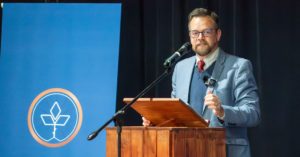
________________________________________________________________________________________________
The Afrikaner Foundation works to promote international cooperation with and support for the Afrikaner people, for the Afrikaner people to take up their rightful place in the international community once again, and to contribute with a particular focus on the preservation of the Western tradition.
